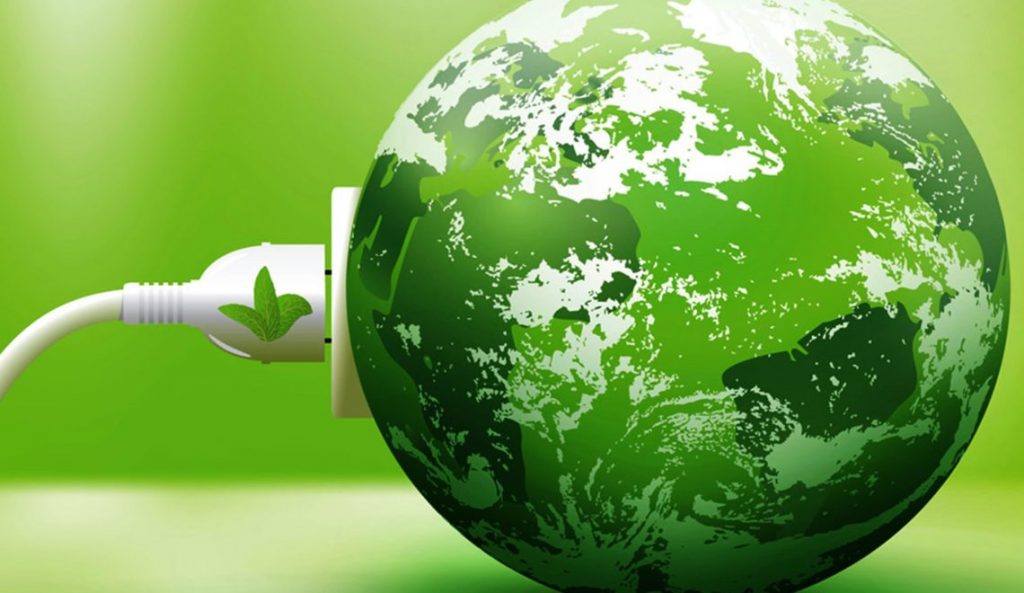The Maritime and Port Authority of Singapore (MPA) and eight top classification societies have signed a letter of intent (LOI) to collaborate in the areas of maritime digitalization and decarbonization.
Under the LOI, MPA and the eight classification societies will strive to collaborate in areas such as smart and autonomous shipping, cyber security, electrification, and zero- and low-carbon fuels.
MPA and the classification societies said they would work together to develop standards and technical references in the areas of maritime digitalization and decarbonization with a focus on meeting Singapore’s requirements as a start. This could cover zero or low-carbon marine fuels such as methanol, ammonia and hydrogen, as well as marine electrification.
The group will also work together to enhance future vessel designs for both ocean-going and domestic harbor craft to enhance safety, security and efficiency of new designs. To prepare the maritime workforce to operate increasingly sophisticated vessels, an area of potential collaboration would be to develop new training curriculum for emerging skills relating to digitalization and decarbonization.
Tags: Carbon Fuels, Decarbonisation, MPA, Singapore



Recent Posts
Scandlines Nears Delivery of Zero Emissions Ferry Following Successful Sea Trials
India faces emission roadblocks with rising net-zero demands
Green Energy Resources invests in two electric Liebherr LHM 550
NYK Launches Continuous Use of Bio LNG Fuel on Car Carriers to Advance Decarbonization Goals
Yang Ming Expands Fleet with Methanol and LNG Dual-Fuel Vessels Under Fleet Optimization Plan
ClassNK Advocates Speed Gap Monitoring to Optimize Fuel Efficiency in Heavy Weather
Wärtsilä’s retrofit package for the Corsica Linea ferry Pascal Paoli has resulted in fuel savings of up to 22 percent Corsica Linea
COSCO Shipping Names Second Methanol Dual-Fuel Containership in Yangzhou